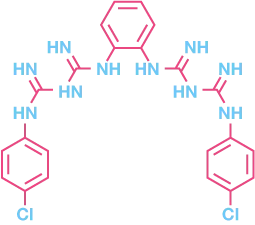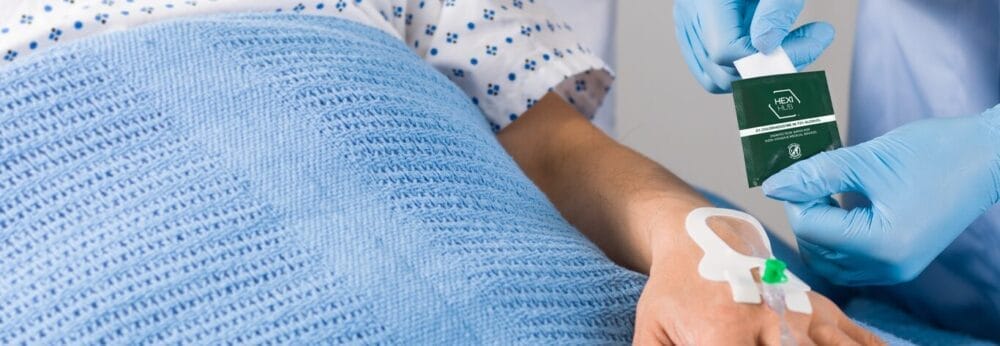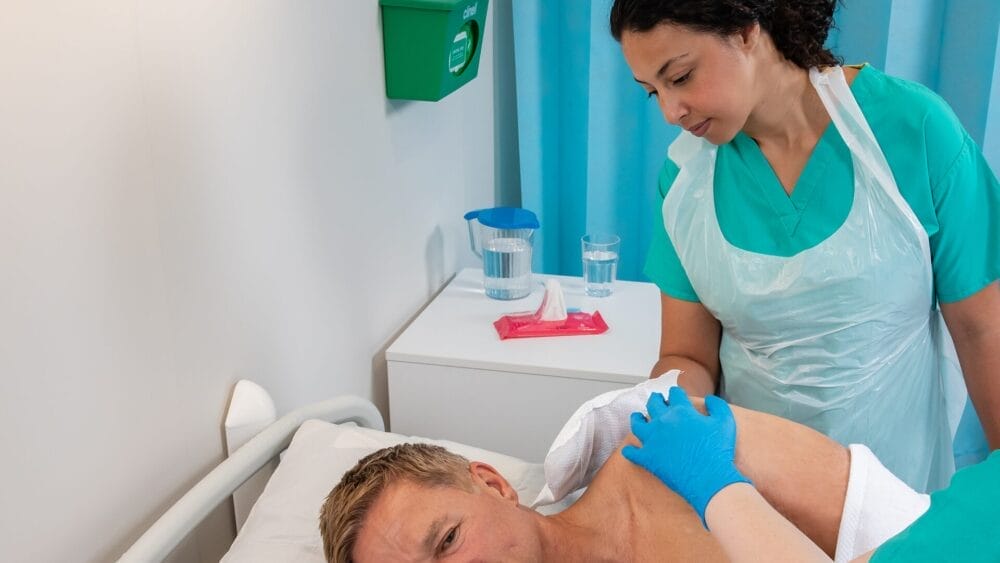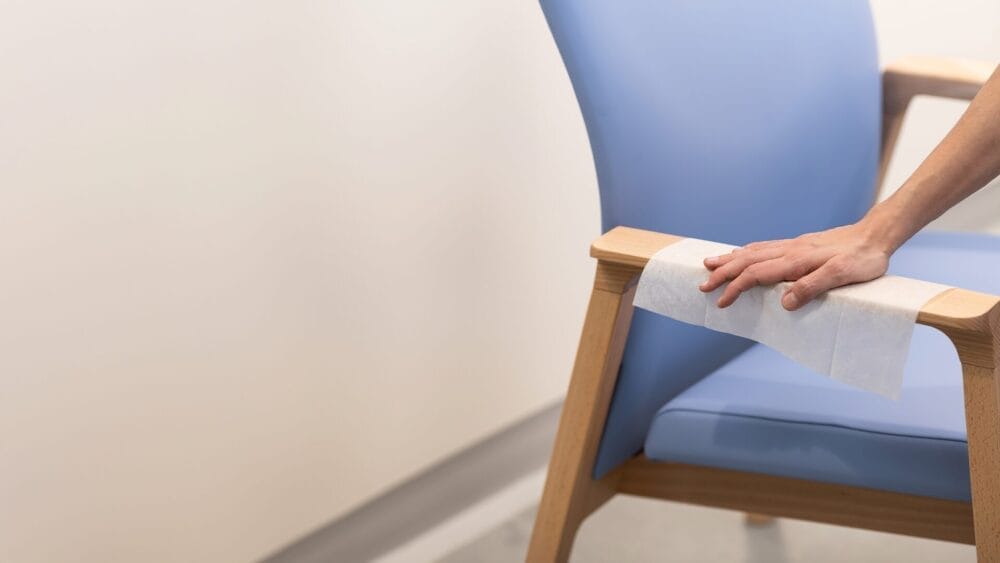Posted
13th October 2017
Research
A US before-after study evaluated the impact of introducing chlorhexidine daily bathing in an ICU setting. In line with other studies, the rate of acquisition of key hospital pathogens, including VRE, MRSA, and antibiotic-resistant Gram-negative bacteria reduced in response to the introduction of chlorhexidine, and remained lower over time.

The 8 month before-after study was performed in a 24 bed ICU in the US, with a 1 month pre-intervention period and an 8-month intervention period. Admission and discharge screening was performed for important hospital pathogens (VRE, MRSA, and antibiotic-resistant Gram-negative bacteria). There was a significant reduction in the prevalence and incidence of both VRE and antibiotic-resistant Gram-negative bacteria associated with the introduction of chlorhexidine daily bathing. Whilst this reduction was sustained throughout the intervention phase, it did not trend down further; the authors suggest that focus on implementing daily chlorhexidine bathing waned after initial enthusiasm. This supports the need for continuous education to ensure compliance with best practice infection prevention interventions. Whilst there was no randomisation or concurrent control group, this study reinforces that chlorhexidine bathing results in a clear and sustained reduction in the transmission of key hospital pathogens in the ICU setting.
SHARE THIS ARTICLE
Tags
Latest News
Embracing sustainability and cost savings: The journey of Clinell Indicator Notes to paper-based solutions
At GAMA Healthcare, we’ve always prided ourselves on being at…
Introducing HEXI HUB: A seamless transition in our product line
We’re pleased to announce an update to our product offering…
Innovative solutions for tackling Carbapenemase-producing Enterobacteriaceae (CPE) at King’s College Hospitals
King’s College Hospital NHS Foundation Trust, one of London’s largest…
Gloves Off: reducing unnecessary plastic waste during environmental cleaning and disinfection
In this blog, Dr Phil Norville discusses the momentum-gaining ‘Gloves…




